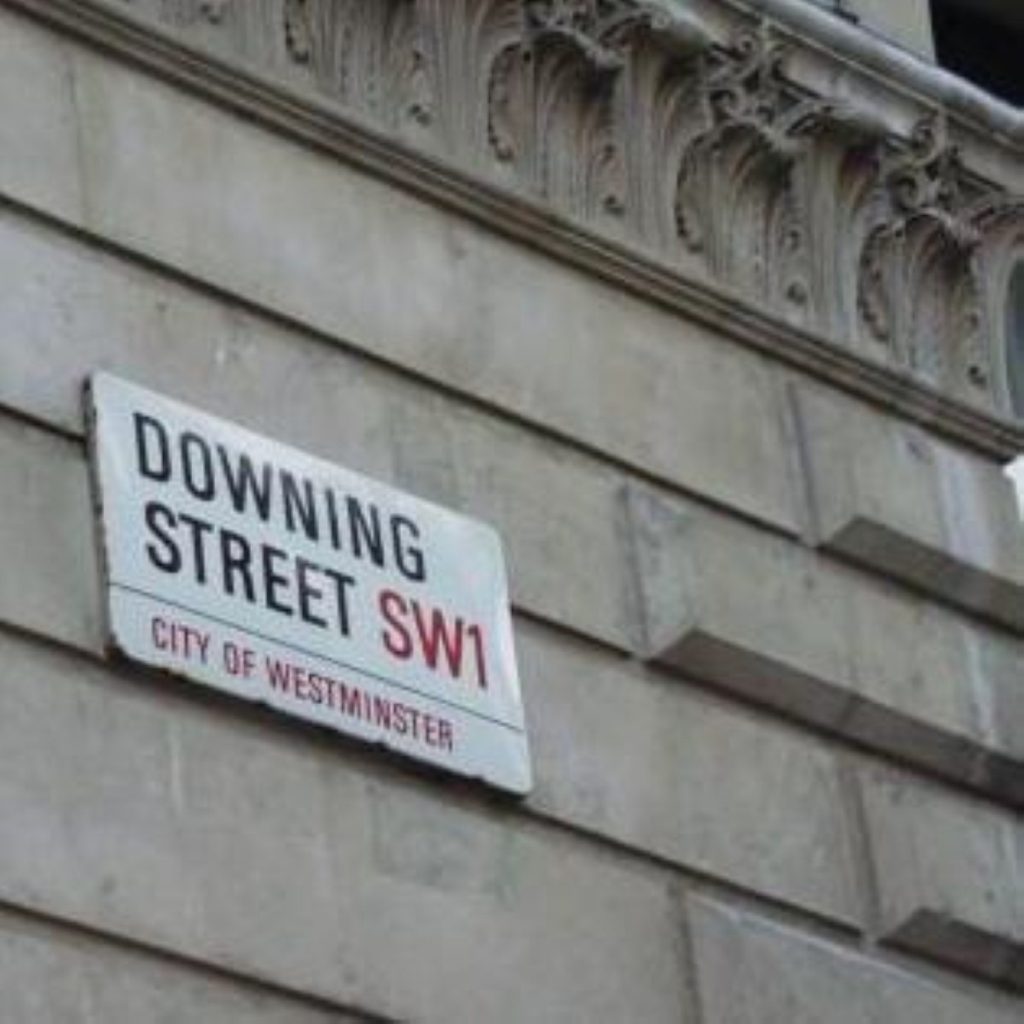Downing Street forced to disclose commercial meetings
The parliamentary ombudsman has reportedly forced the prime minister to reveal details of meetings with commercial lobbyists.
Ann Abraham found No 10 guilty of unjustifiably keeping secret contacts between ministers and commercial companies.
The pattern of meetings between government ministers and commercial lobbyists has long been kept secret. However, following separate complaints from the Guardian and the Liberal Democrats, Downing Street must now disclose times and dates of all such meetings.
The government had always insisted that it was not normal practice to release details of meetings with private individuals or companies.


The revelations from No 10 include the admission that Labour donor Dr Paul Drayson met with Tony Blair while his company PowderJect was bidding for a £32 million contract to produce smallpox vaccine.
Dr Drayson, who donated £100,000 to the Labour Party, was one of a select group of businessmen invited by Mr Blair to a private Downing Street breakfast on December 6th 2001.
Both Dr Drayson and Downing Street have refused to comment on what was discussed during the meeting.
In the past two years businessmen have been invited to private breakfasts with Mr Blair on at least six occasions, according to The Guardian.
Releasing the information after the ombudsman’s ruling, Downing Street insisted that the breakfast had been a private event and similar to meetings Mr Blair holds regularly with “a range of people, such as health workers” to discuss issues.
The Guardian requested a list of contacts between the prime minister and the BioIndustry Association, under the open government code, but the request was rejected.
The newspaper appealed to the ombudsman, who ruled that such secrecy was unacceptable. Ms Abraham stated that information should be released unless there was a good reason not to and criticised officials for frustrating her investigation by delaying responses.
Charles Kennedy, the Liberal Democrat leader, welcomed the ombudsman’s verdict, declaring: “For the first time, the public has a right to know who in government is meeting whom from organisations with a vested interest in influencing policy.”
The ombudsman’s ruling has now created a precedent, but the Cabinet Office has circulated guidance to other ministries insisting each application be considered on its merits, ensuring that each request for information will be a lengthy process.












